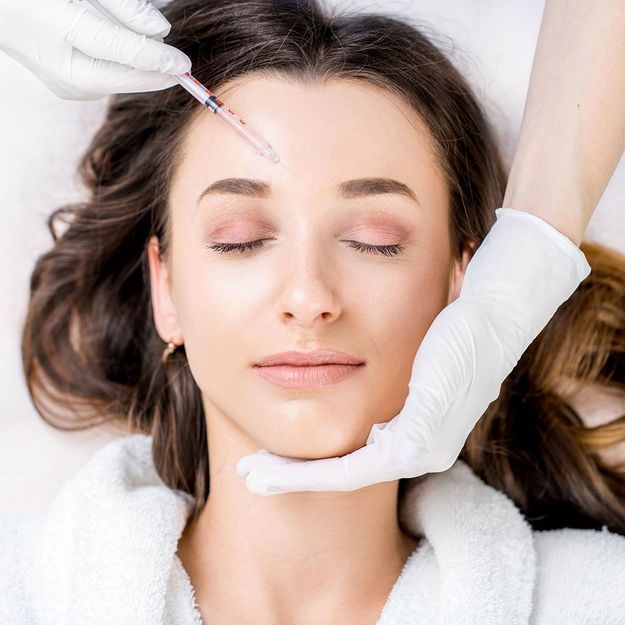Botox has been known for decades for its use in the cosmetic field, but will it be used in the future in treating depression as well? According to a recent study, this may be possible.
Upon hearing the word "Botox," some may think of plastic surgery, or ways to combat wrinkles. But not many people will link Botox with depression. However, a recent study showed that injecting some parts of the body with Botox may help treat depression effectively.
What is Botox?
According to the American Mayo Clinic website, Botox is made by extracting toxins from a type of bacteria responsible for food poisoning. After injecting an area of the body with it, these toxins stop the movement of muscles in that area, so Botox is used in plastic surgery to prevent wrinkles from forming. The site adds that Botox is used for other therapeutic purposes, including neck spasms, excessive sweating, chronic headaches, in addition to bladder disorders.
Botox for depression
According to the study published in the scientific journal (Scientific Reports), Botox injections may help treat depression. To examine this theory, the team of scientists examined more than 45 thousand cases suffering from health problems that can be treated with Botox such as chronic headaches and excessive salivation, etc. Then the scientists distributed patients to 8 groups according to the health problem they suffer from. After that, the scientists divided the members of one group into two subgroups: a group that treated their health problems with Botox injections, and a group that chose another treatment.
And CNN reports that groups who were injected with Botox to treat their health problems developed symptoms of depression 40 to 80 percent fewer than groups that chose other methods of treatment. “We found that the effect of Botox is not related to the location of the injection or the health problem. This is amazing because it means that depression can be treated with Botox in different ways, not just by means,” said Ruben Abagyan, who is in charge of the study at the University of California. Facial injection. "
Previous studies on the relationship of Botox to treatment of depression used Botox injections in the face of depressed people to study its effect on symptoms of depression. The theory here was that when the facial muscles relax and it is difficult for a person to frown or make negative facial expressions, this is reflected in the person's mood and reduces the symptoms of depression he has, according to Healthline.
Although this theory is not excluded, Abagyan believes that the matter is greater than that, according to his statements to CNN. Botox can have an effect on the central nervous system that controls emotions. It may also be related to the general relaxation of the body muscles after the injection of Botox.
It may also be due to what Abagyan called the "secondary effect" of Botox. If someone suffers from a permanent headache and gets rid of it with the help of botox, it may be the reason for relieving or treating his depression, as was reported by the Refinery 29 site. According to Abagyan, more studies are needed to prove these theories.


